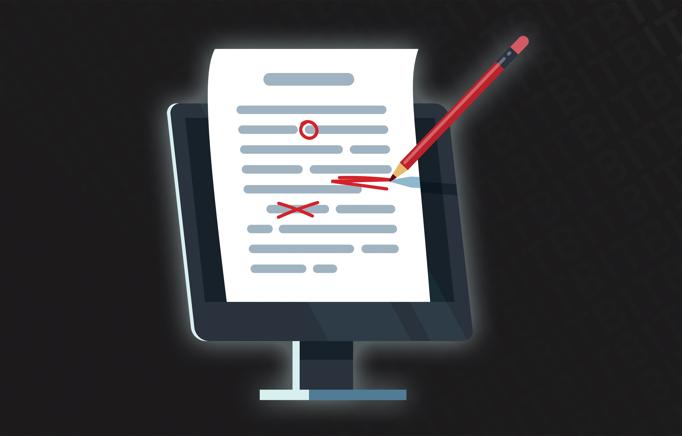What is a correction
Crypto for Beginners
Other articles
A correction in the stock market is commonly defined as a drop of 10% or more in the price of an asset from its most recent high. Individual assets, such as a single stock or bond, or an index that measures a collection of assets, can experience corrections. An asset, index, or market may have a correction for a short time or for a long time—days, weeks, months, or even years. The typical market correction, on the other hand, is brief, lasting between three and four months. When talking about cryptocurrency trading, we refer to it as a crypto winter. This means that there is possibility that prices will fall for longer period of time.
Charting methods are used by investors, traders, and analysts to forecast and follow corrections. Many things can cause a correction. The reasons for a correction are as diverse as the companies, indices, or markets they touch, ranging from a large-scale macroeconomic shift to difficulties in a single company's management strategy.
The typical correction for the S&P 500 lasted barely four months, according to 2018 research from CNBC and Goldman Sachs, and prices fell roughly 13% before rebounding. However, it's understandable for an individual or inexperienced investor to be concerned about a 10% or higher decline in the value of their portfolio assets during a correction. Many people were not expecting it and are unsure how long the correction will endure. A downturn is merely a minor stumbling block on the way to retirement savings for those who stay in the market for the long haul. They should not be concerned since the market will ultimately rebound.
A big correction in a single trading session, on the other hand, might be fatal for a short-term or day trader, as well as traders who are heavily leveraged. During market corrections, these traders may suffer huge losses. No one can predict when a correction will begin, stop, or how severe a price decline will be until after it has occurred. Analysts and investors can use data from previous corrections to prepare properly.
Individual equities may be robust or even exceed the market prior to a market correction. Individual assets usually perform badly during a correction phase due to weak market circumstances. Corrections might be an excellent opportunity to purchase high-value assets at a bargain. However, investors must consider the dangers of making purchases, since the market correction may result in more declines. Protecting assets against market corrections is tough, but not impossible. Investors can use stop-loss or stop-limit orders to deal with falling stock prices. When a price reaches a level determined by the investor, the former is automatically activated. However, if prices are rapidly declining, the deal may not be completed at that price level.
While all stocks are affected by a decline, some are damaged worse than others. Small-cap, high-growth stocks in volatile industries, such as technology, are the most volatile. Other areas are more protected. Because they include the manufacture or retailing of needs, consumer staples stocks, for example, tend to be business cycle-proof. These stocks will continue to perform even if a correction is prompted by or deepens into an economic slump. Diversification also protects you if you have assets that perform differently than the ones being rectified or are impacted by various reasons. Bonds and other investment vehicles, for example, have typically served as a counterbalance to stocks. Financial assets such as stocks can be supplemented by real or physical assets such as commodities or real estate.


